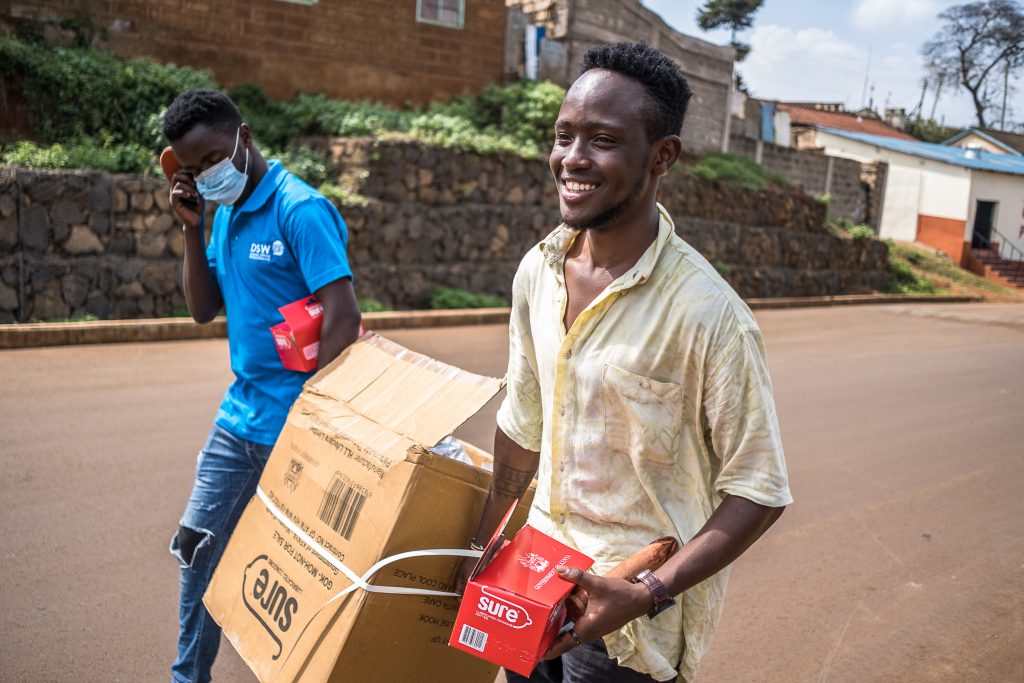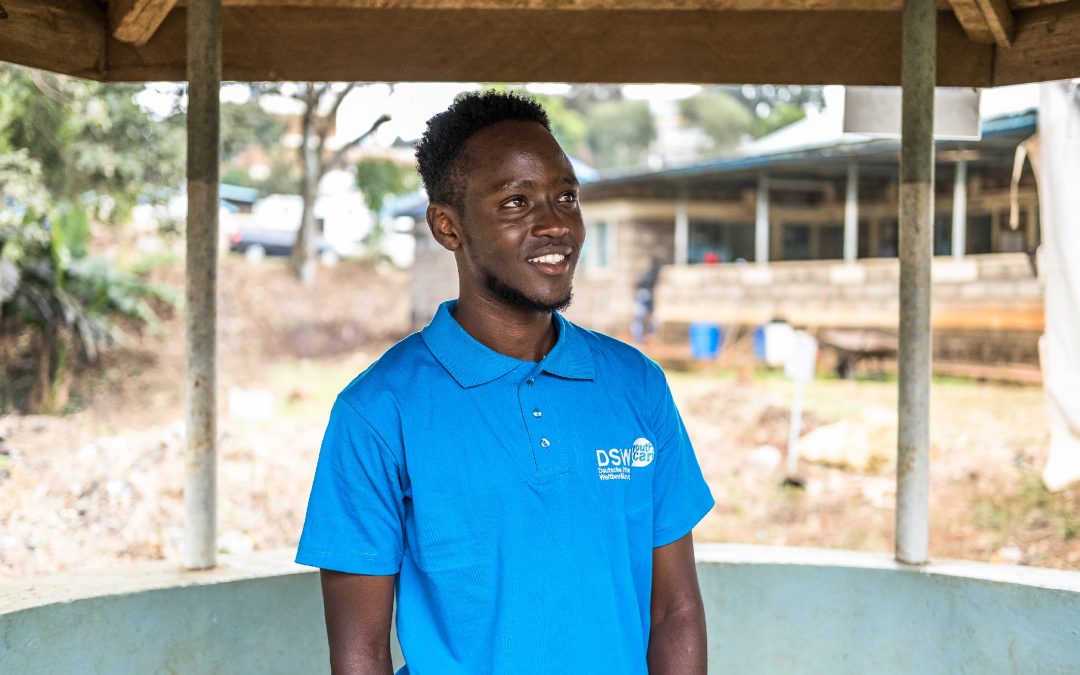Ibrahim Abdulaziz Adan is a member of the organisation Youth and Women Advocacy Network (YWAN) in Meru County, Kenya. He spoke with us about how COVID-19 has affected his community.
In your opinion, what is the value of family planning?
Family planning is one way that the youths can plan for their future. For instance, you can use family planning methods that work for months or years. Family planning helps the youth to have children when they are ready. For that, it is necessary to have youth-friendly services. There are health centres in our community where the youths can come and get services.
We refer young people from our organisation and across Meru County to health centres so that they can access family planning and contraception services.
Most of my peers in Meru County still have traditional beliefs and believe that contraceptives are not acceptable. It takes time to convince them otherwise. They always get that information from religious leaders who challenge us because they don’t support contraceptives, but we are working on it. The SHAPE Project is advocating on matters of family planning, and we help the community by telling them the importance of family planning, pushing on CSC and telling young people about their sexual and reproductive health and rights (SRHR).
What is it like being a youth champion with DSW Kenya?
DSW Kenya is like our mother because it has encouraged and built us. DSW has facilitated us with mentorships and trainings and supported us via capacity building. We can build ourselves as youths, and we can talk at the county and national level and be listened to. DSW also gives us advocacy tools that we can use as youths. After the training from DSW, we partnered with other grassroots organisations to do more training with the youths. We passed on to them the training that we got from DSW. We teach young people ways to provide information in the right way.

Ibrahim Abdulaziz Adan is a member of theYouth and Women Advocacy Network in Meru County, Kenya.
Being a youth champion, I would say it’s easy but challenging because the youths see me as a mediator that they can come to express their grievances. There are places where you can go as a youth champion and be listened to and there are places where they take you for granted. People judge the youths for the way they are, and it can take quite an effort before you are recognised as a youth champion so they will start to listen to you.
There was a time I helped a group called Nubian Village – the county had allocated funds, and I had to follow up with the media and help the women get their money and register in the right way to get the funds. We are also advocating for an increased family planning budget in the county.
How has life changed since the onset of the COVID-19 pandemic?
My life has changed both a positive and negative way because COVID-19 has helped me to open my mind to see that I can make a difference. We have come up with some tools in our organisation that we didn’t have before because of COVID-19. On the other hand, some organisations that supported us have left us, and measures enforced by the government like limits on social gatherings means that we cannot do outreach as we used to.
The future is bright because the DSW trainings help us grow and we still learn new things like writing proposals. By writing these proposals we get donors who fund us, and we can do much as youths.
Photos and interview conducted by Brian Otieno for DSW.

